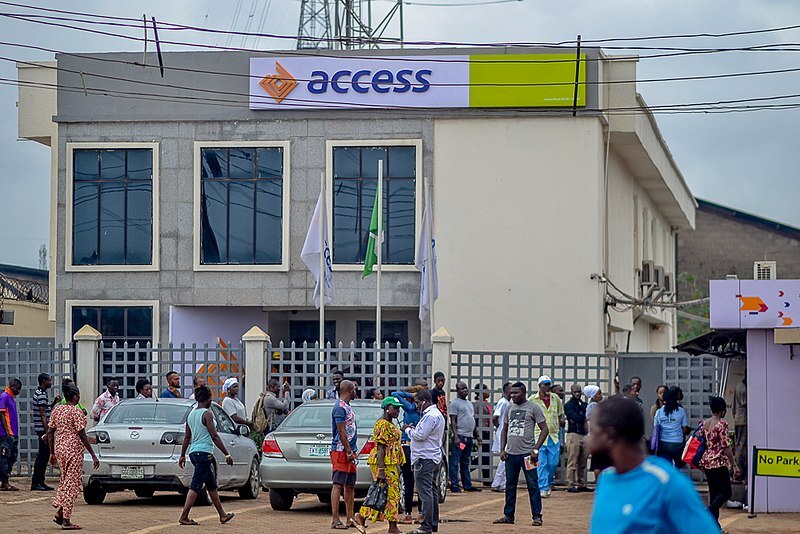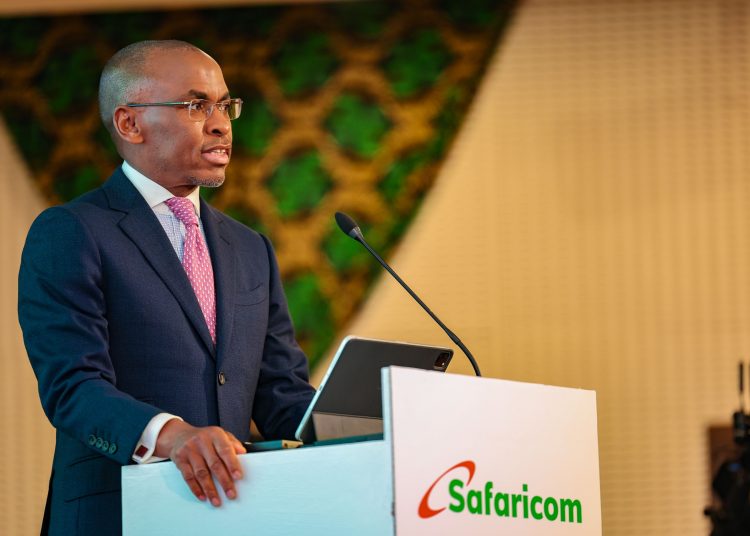In February, TechCabal reported that the Nigeria-focused crypto startup, Fluidcoins was sold to Bitfinex after it failed to raise funding. At the time of the sale, there were conflicting reports about whether the startup’s investors knew about the sale. At the time, one anonymous investor told us that the decision to sell Fluidcoins was made by the founder without external input. Joe Kinvi, another investor representing the investment collective, Hoaq, disputed that version of events. That uncertainty led to questions about whether investors got any money from the sale.
Per confidential documents seen by TechCabal, Fluidcoins raised $50,000 from two syndicates and $70,000 from 10 angel investors. At the time of the sale, it was unclear whether investors would get any money back. TechCabal can now exclusively report that weeks after the sale, all investors got back to the negotiation table and were offered some portion of their initial investment. This publication can confirm that at least one investor accepted the offer to walk away from the deal with some portion of their initial investment.
One source close to the situation said that new conversations were held with Fluidcoins and Bitfinex after the sale. It is unclear what the details of those conversations were, but we now know that they involved talks where investors were offered some returns as opposed to walking away with nothing. Fluidcoins raised $180,000 in the last 18 months of its life, and the terms of its sale to Bitfinex were not made public.
It is a positive end to a situation that seemed likely to spiral out of control according to initial reports. While investors understand the risks of investing in startups and know that sometimes they can lose entire investments, there are now more conversations about the duty of founders to keep investors informed and act above board. In March, some unnamed investors in Kloud commerce began legal action against the company’s founder following allegations of misappropriation of funds in October 2022.
Additionally, the sale of Fluidcoins may represent a marginally better outcome for investors than other options. Last week, Lazerpay, another crypto startup operating in Nigeria, also announced its impending closure. With no acquisition offers on the table, Lazerpay’s investors will likely walk away with nothing, once again highlighting some of the less glamorous parts of startup investing.















